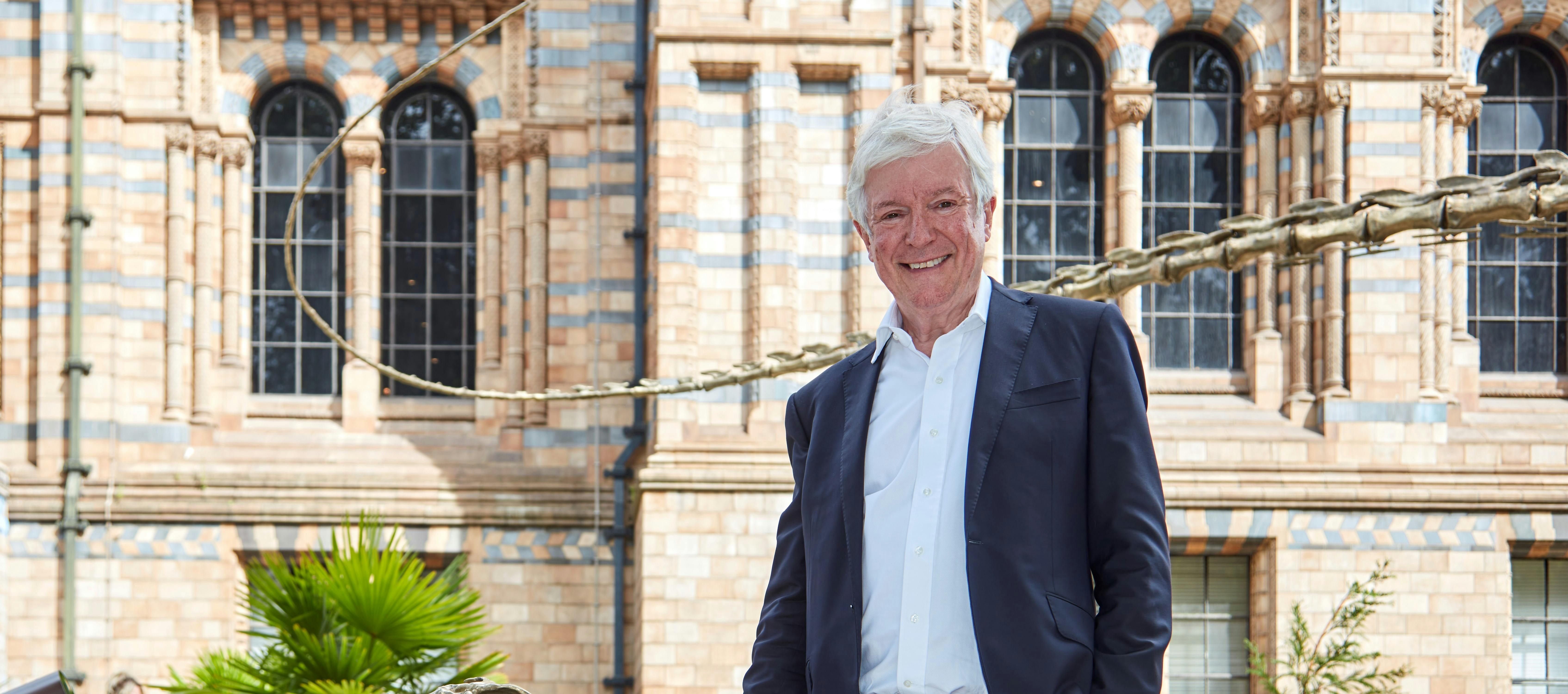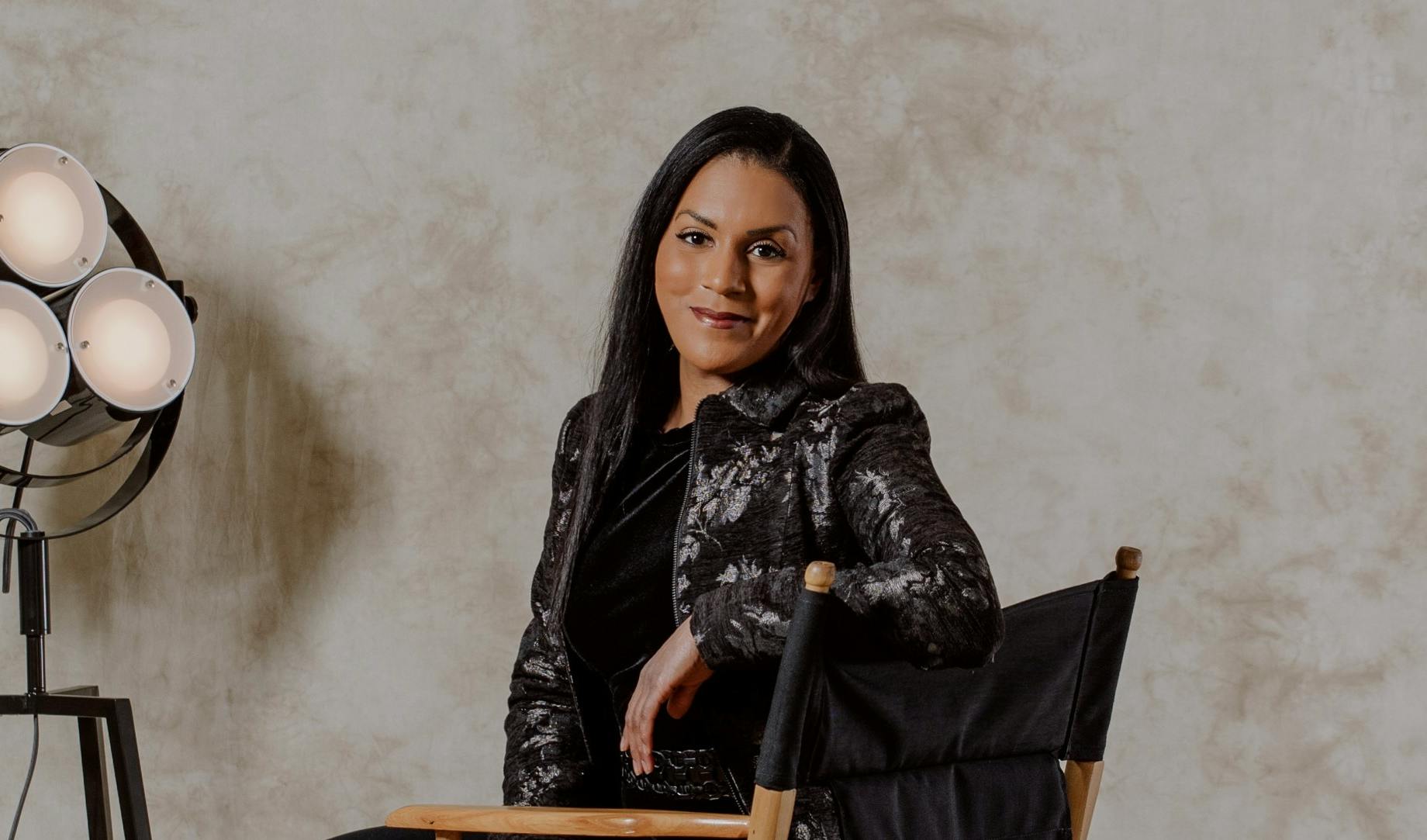
Why boards should put customers first | Leonie Foster, chief customer and digital officer at Dunelm plc
Leonie Foster, the chief customer and digital officer at Dunelm, and a former senior marketer at supermarket giant Tesco, discusses how focusing on customers can boost revenues.
Leonie Foster spends most of her time obsessing over Dunelm’s customers – what they buy, how they shop. She runs Dunelm.com, a £150+ million digital business, which has doubled in size under her watch, and oversees Dunelm’s multi-million marketing budget. Before Dunelm, Foster was one of the most senior marketers at Tesco, Britain’s biggest supermarket chain. There she looked after customer insight and strategy, Clubcard, the grocer’s popular loyalty scheme, and ran its £100 million marketing budget for a year before she left to join Dunelm. She has recently started working as an adviser for HMRC, a role she got through Nurole.
What do customers care about?
Value. In a business-to-consumer company the customers give you their time or their money and they need something in return. That has to be good value for them in order for them do it more than once. There’s something big about trust. To be successful you have to have real integrity in your proposition. And keep your promises. We’re in a world where, particularly in a digital age, a lot of promises are made to customers: ‘it will arrive tomorrow’, ‘in a week’.
The pace of change has picked up a lot. What do you do if you’re a consumer-facing business that wants to put the customer at the heart of what it does, but doesn’t quite know how? And how important it is for boards to do that?
It’s critical. The consumer is moving pretty rapidly and there is a danger of falling behind if you don’t observe that. There are some companies out there that are setting the pace. It’s important to be able to reach consumers digitally and so much more quickly than a traditional retailer would have done before.
A lot of businesses still do it in a cosmetic way; they talk a good game but they are fundamentally commercially wired or hostage to City timetables and results presentations. It’s less possible to do an artificial job of listening to what the customer wants and observing how they behave and trying to respond.
What key things should boards ask themselves to achieve that?
- Do we understand our customer?
- Are we looking externally enough at what’s going on?
- Are we very internally focused on our own business?
The latter is one of the risks. It’s easy as a team to focus on your business today and your competitors, and forget to look up and out. If you do introduce that consumer perspective it does keep your eyes up and out of the business in a way that a lot of companies struggle to do.
What if the business is not geared for change or doesn’t have the resources, is there a way of implementing some of that change?
I’ve worked in two very different environments. Tesco, where I had more customer data and insight than I knew what to do with it. Then Dunelm, which had almost nothing. The luxury of starting with nothing is that you can pick and choose what you believe will make a difference to the business and you can sweat every asset that you’ve got.
What I’ve done over three years at Dunelm is to try to blend insight and instinct. Because Dunelm is a commercial organisation, I’ve often tried to monetise the benefit of listening to customers in order to drive the action.
We’re getting into a world where to move forward you need a single view of the customer and all of the customers and that is more arduous because it involves data. If you haven’t got anything like a traditional loyalty scheme or you’re not a pure play operator, it’s far harder to come by.
Culture is important. How do you make sure you preserve that while going through change and ensure it’s consistent?
You absolutely have to obsess over it. They only way you really get change to happen is through people and engaging them in the change and making them understand what it means to them. It’s where businesses forget about the people and focus on the commercial or the output rather than the input; they can come unstuck.
You went from below the board at Tesco to on the [operating] board at Dunelm. What did you learn from the transition?
The step-up to board required massive change. Before I was on the board, whenever I was in the boardroom, I was often the expert on the topic. I was leading the conversation and I was there for my technical ability. Once you’re on the board and you’re there for all of the conversations, you’re not always the expert. You have a much broader set of responsibilities around leadership, culture and the overall strategic focus of the business. That was a big change for me, to learn when to contribute and when to listen and to respect the expert, to think about the broader role and the dynamic in the boardroom and how I could contribute to that and shape that.
How did you find the Nurole experience?
I haven’t come across anything that is quite as open as Nurole is. I think it’s clever, very transparent and it accelerates the process in the way that traditional routes don’t. Unless a headhunter contacts you, when you are in a senior position, you might spot something on LinkedIn, but the senior roles don’t come up that way. You don’t have visibility of a spectrum of opportunities that you can look at and judge what you’re most interested in. It’s innovative and refreshing.
Let’s finish with some quick-fire questions…
What professional advice would you give?
Do things that you’re passionate about. You’re giving an awful lot of time to it.
What was your biggest break?
Dunelm has been very significant. I had broad and clear accountability at Dunelm and at Tesco that wasn’t the case. At Dunelm it was a blank sheet of paper. The sort of things I look after, no one had spent that much time on before and so it was pretty clear that it was down to me and that we would be able to tell whether I’d done it or not.
What are you reading?
Ben Macintyre’s spy books and Why We Sleep.
Your last holiday?
Cape Town, South Africa.
How do you wind down?
I socialise with friends and I make the most of London life, the culture, the history.
When did you last cry?
I cry all the time. I think it’s just part of living life. It’s not a big deal.
When does your alarm go off and hour many hours of sleep do you get?
At 6am and I sleep about seven and a half.
Your favourite gadget?
My phone.






